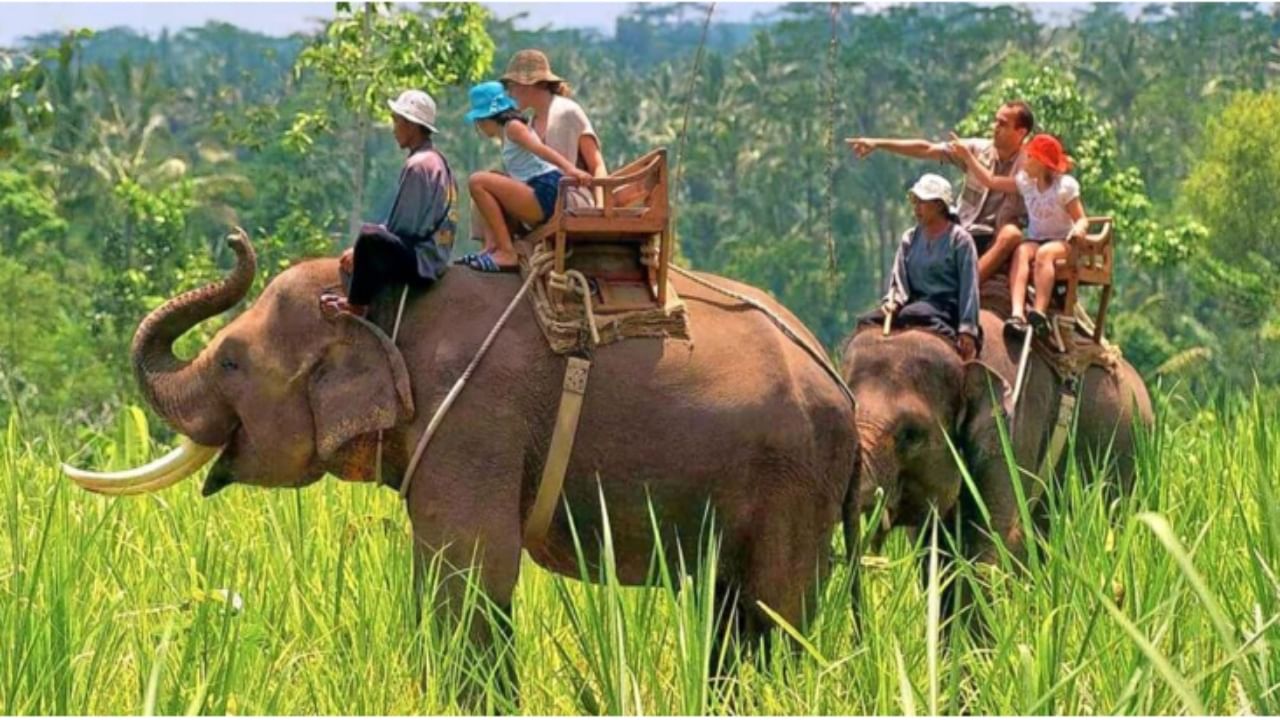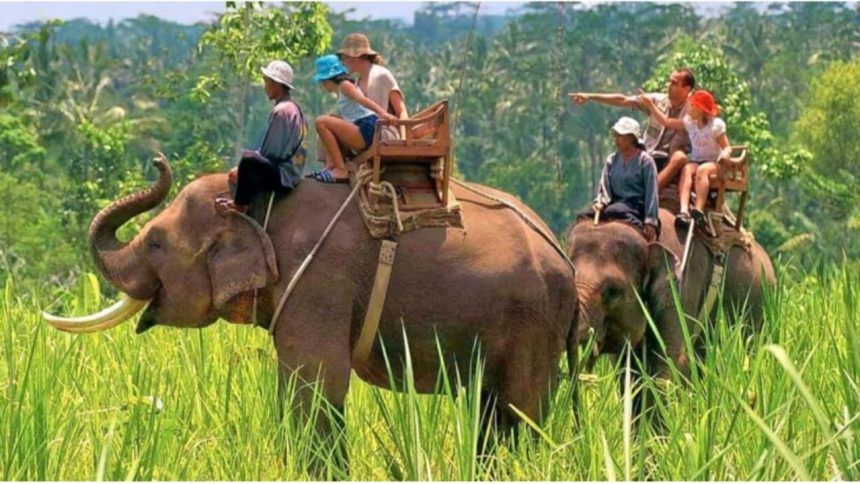
Dehradun: In a move that could revive a once-popular wildlife experience, the Uttarakhand Forest Department is making concerted efforts to reintroduce elephant safaris in the Corbett and Rajaji Tiger Reserves. If all regulatory and technical clearances are secured, the safaris could resume in select zones from the next tourist season.
Elephant safaris were previously conducted in both reserves but were banned in 2018 following an Uttarakhand High Court order that prohibited the commercial use of elephants. The Supreme Court later stayed that decision, allowing the possibility of revival under strict guidelines. Now, the Forest Department is working to restart the safaris using only state-owned elephants, with a focus on regulated, eco-sensitive tourism.
Safaris are likely to be introduced in the Dhikala and Bijrani zones of Corbett Tiger Reserve
According to officials, the safaris are likely to be introduced in the Dhikala and Bijrani zones of Corbett Tiger Reserve (CTR) and the Cheela range of Rajaji Tiger Reserve (RTR). These zones are known for their rich biodiversity and scenic landscapes, offering tourists a chance to spot tigers, leopards, elephants, and other wildlife in their natural habitat.
Selection of elephants will be based on health, temperament
Currently, 15 elephants are stationed in Corbett and 7 in Rajaji, primarily used for forest patrolling and rescue operations. Departmental sources clarified that even if the safari is approved, not all elephants will be used for tourism. The selection will be based on health, temperament, and suitability for carrying tourists safely.
Elephant safaris are part of the reserve’s management plan
A recent meeting of the State Wildlife Board discussed the proposal, and preparations are underway to finalize the operational framework. Chief Conservator of Forests (Wildlife) Ranjan Mishra confirmed that the management plans of both reserves already include provisions for elephant safaris, and the approval process can be completed at the state level. “Elephant safaris are part of the reserve’s management plan. We are working to complete all formalities so that the service can resume in the upcoming season,” Mishra said. Once permissions are granted, the department will determine safari fees, routes, and safety protocols.
Elephant safaris is seen as part of a broader push to diversify tourism
The reintroduction of elephant safaris is seen as part of a broader push to diversify tourism offerings in Uttarakhand’s protected areas. While jeep safaris remain the primary mode of wildlife viewing, elephants offer access to remote forest areas where vehicles cannot reach, enhancing both patrolling efficiency and visitor experience.
Wildlife activists have previously raised concerns about the ethical treatment of elephants
However, the move is not without controversy. Wildlife activists have previously raised concerns about the ethical treatment of elephants and the potential stress caused by commercial rides. Officials have assured that any safari program will adhere to strict animal welfare norms and limit the number of rides per day.










